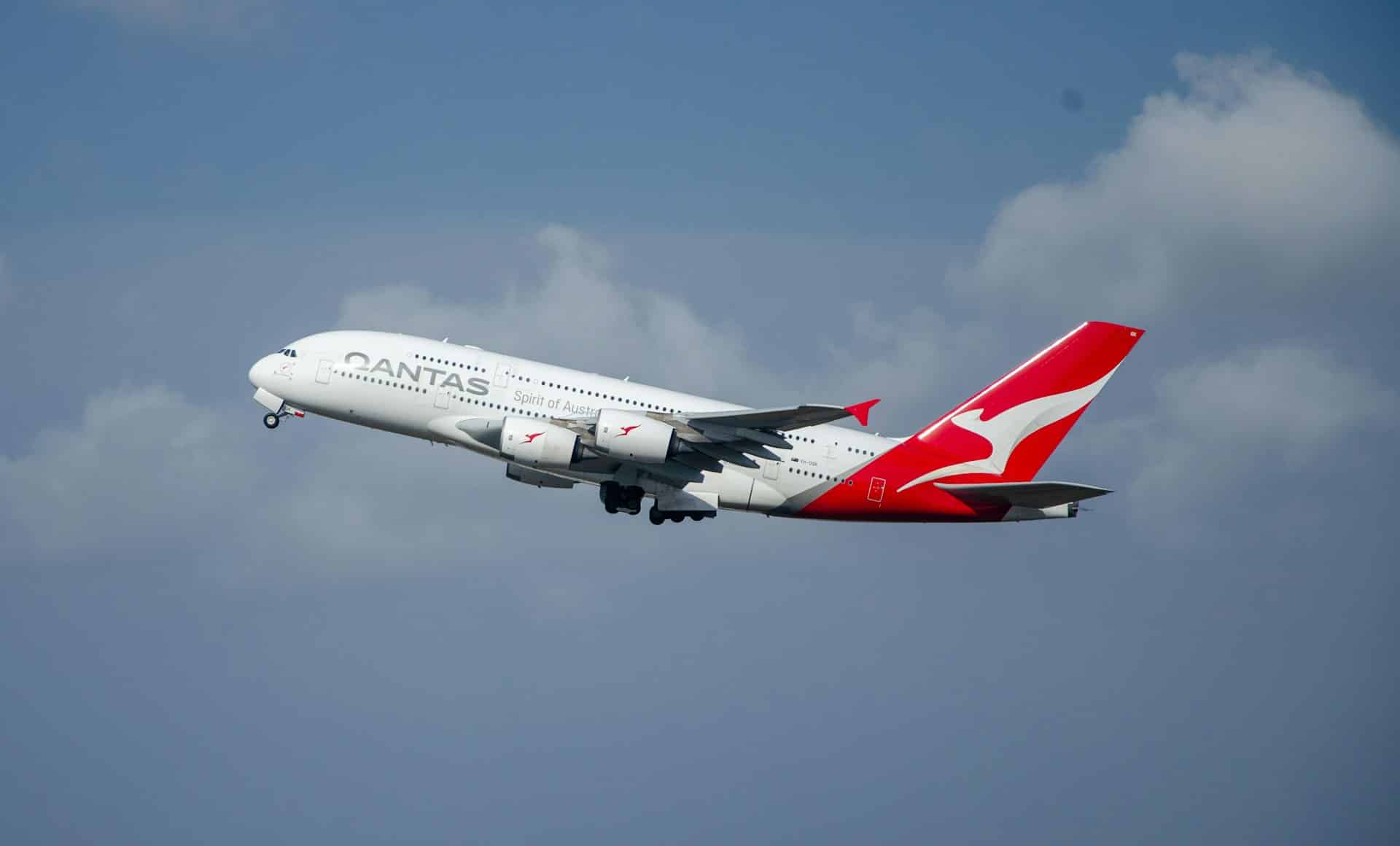Another major breach has rattled the already-vulnerable airline industry, and if you’re a customer of Qantas, this news might hit close to home. The Australian flagship carrier recently disclosed that it was the victim of a cyberattack affecting the personal data of approximately 6 million customers. Their announcement brought with it a wave of anxiety and questions about how secure personal data really is these days.
The breach, which was detected on June 30, 2025, occurred through a third-party customer service platform linked to Qantas. The airline quickly moved to address the situation, assuring the public that their own systems remained secure. Vanessa Hudson, the CEO of Qantas Group, expressed her regrets over the incident, emphasizing their commitment to their customers’ safety and security. While there’s still an ongoing investigation into the breach’s full impact, the concern rests on compromised names, emails, phone numbers, birthdates, and frequent flyer numbers—information that can be exploited if it falls into the wrong hands.
Amidst all the distressing news, it’s somewhat reassuring that sensitive information like credit card details, passport numbers, and security PINs weren’t stored in the affected system. Still, it’s tough not to feel a bit exposed, knowing that personal details have been laid bare.
What makes this incident even more alarming is the broader context of cyber threats in the airline industry. A group of cybercriminals known as Scattered Spider, which has been active since 2022, is allegedly behind numerous attacks, including those on Hawaiian Airlines and WestJet. Having been linked to over 100 targeted attacks globally, they’ve made their mark in increasingly destructive ways. For instance, they recently disrupted websites like Marks & Spencer, a blow that the company estimates will cost $381 million. Now you can see why vigilance is essential—you’re not just dealing with random hackers anymore; this is a professional network of cybercriminals.
In response to the breach, Qantas is teaming up with Australian government agencies, including the National Cyber Security Coordinator and the Australian Cyber Security Centre. They’re not taking this lightly—criminal behavior calls for serious responses. The company is also reaching out to affected customers, offering dedicated support and resources aimed at identity protection.
For those worried about what to do next, Qantas advises that while it is unnecessary to change your PINs or passwords currently, you should definitely stay on high alert. They recommend checking the sender’s name and email address carefully to spot any suspicious activity and advise not to click on dubious links or attachments.
If you’ve received any unexpected communications, or see something that doesn’t seem right, don’t hesitate to reach out for help. Customers can call a dedicated hotline at 1800 971 541 or reach out internationally at +61. Your safety is important, and staying informed is the first step in protecting yourself against potential fallout from this event.
In moments like these, it can feel overwhelming and invasive when your personal information is in jeopardy. Qantas is at least attempting to navigate through this storm by keeping customers in the loop and providing resources for monitoring your identity. But it’s also a reminder to be proactive and vigilant—we all have a role to play in safeguarding our information in this ever-evolving digital landscape. So, stay alert, and take care of your information as best as you can; you deserve that peace of mind.Experts have issued urgent warnings regarding recent cybersecurity incidents, particularly related to the Qantas data breach. The exposed information, which includes names and birthdates, can easily be exploited by malicious actors looking to impersonate victims. This isn’t just an abstract concern; often, this data is leveraged to open new accounts at banks or other institutions. Imagine someone using your personal details to create a financial account in your name— the very thought is alarming.
Worse still, the compromised data can end up being sold on the dark web, where it poses a heightened risk of identity theft. If you’ve been using the same email address across various platforms, please take a moment to recognize that those accounts may also be at risk. Scammers often rely on this kind of information to craft messages that seem trustworthy, making it all too easy for you to unwittingly share sensitive financial information.
Qantas has stated that their frequent flyer accounts weren’t directly compromised, which might bring some relief to travelers. However, this breach makes those accounts more susceptible to potential attacks. Scammers could attempt to reset your password and access your hard-earned frequent flyer points. Richard Buckland, a cybersecurity researcher, advises customers to stay vigilant and monitor their accounts closely. He suggests changing your passwords as a proactive measure, stating simply that “if someone does go in and steal those points, Qantas is able to reimburse that.” In other words, it’s best to catch any suspicious activity early.
Take a moment to consider how these breaches affect not just your accounts, but also your peace of mind. Navigating through life in an increasingly digital world can feel overwhelming, especially when the threat of identity theft lurks around the corner. By being cautious and aware—like avoiding unknown links or scanning unrecognizable QR codes—you can reclaim some of that control.
In times like these, it’s crucial to stay informed and proactive. Remember, being aware of your surroundings and taking simple preventive steps can significantly reduce your risk and help you feel more secure in an uncertain digital landscape.
Image Source: Unsplash





























